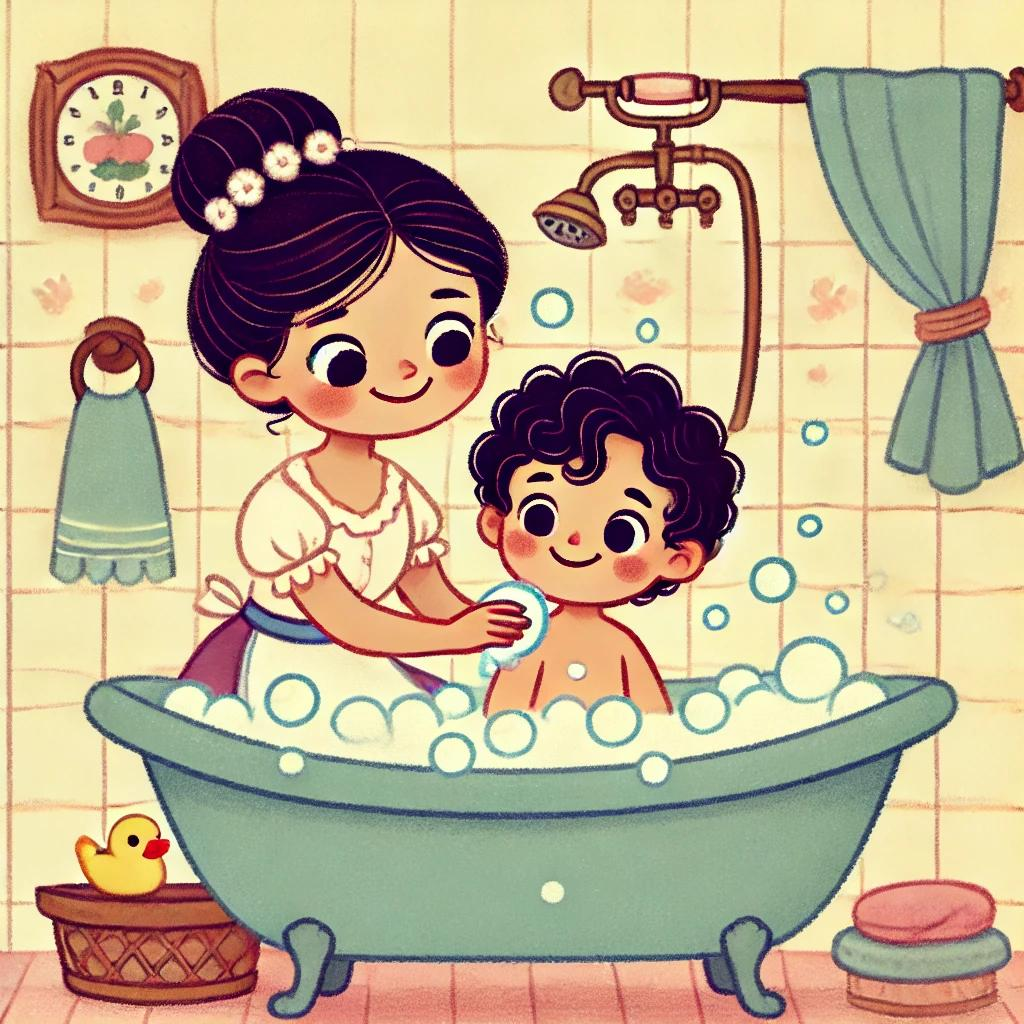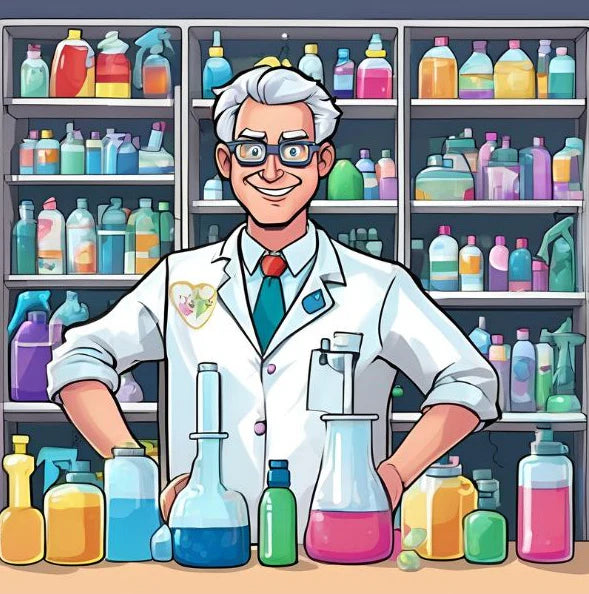
History of Soap
The origins of soap trace back to around 2800 BCE, with the earliest recorded recipe for bar soap on a Mesopotamian clay tablet known to man! This ancient formula combined animal fat & Alkali derived from wood ashes.
Fast forward to 1550 BCE, the ‘Ebers Papyrus’, an Egyptian medical papyrus of herbal knowledge, mentions the use of soap-like material. This material was made with alkaline salts, animal, and vegetable oils. They used a method that is known today as ‘Cold Process’ soap making. Whether as a luxury cosmetic for the upper class, or a doctor's prescription for skin disease treatments, soap proved valuable to humanity.
FUN FACT:
Soap got its name from a Roman Legend of Mount Sapo, mentioned in Roman scholar
Pliny the Elder’s book, “Naturalis Historia” from 77 AD.
Later on in the 7th century, Soap making becomes an art in Italy, Spain, & France! Primarily using olive oil, as they had an abundance of olive trees. The creativity fueled inspiration for the next evolutionary stage of soap! Fragrances were added, and specialized soaps were developed for bathing, hair washing, and laundry.
Around the 13th century Britain experienced large areas of their woodlands being decimated, due to the high demand for wood ashes. As a result, soap was heavily taxed and became a luxury item that only royalty could afford for everyday use. It took until 1853, a man by the name of William E. Gladstone abolished the tax on soap, making it affordable again.
1879 marked the year James Gamble developed a cheaper soap alternative to the more expensive soaps at the time. Making quality soap, even more affordable for every household. This created vast demand for quality soap bars at affordable prices
In early 1940’s, due to World War II, there was a shortage of essential raw materials like fats, oils, and alkalis. These commodities were heavily diverted to support the war effort. Both civilians and soldiers were affected, leading to rationing and the development of alternative cleaning products.
A German scientist named Fritz Gunther helped discover the first synthetic detergent, using synthetic surfactants derived from petrochemicals or oleo-chemicals, which became widely adopted in Germany and later around the world. The introduction of these synthetic detergents revolutionized the cleaning industry, as they were more effective in hard water, stable over time, and could be mass-produced. This breakthrough laid the groundwork for modern household and industrial cleaning products.

Over thousands of years, the quality and ingredients of soap have certainly evolved. The ideal bar soap now goes beyond cleansing—it also conditions and nourishes the skin.
Unfortunately in the early 21st century, the body care market is still plagued with products containing ingredients that are highly toxic to the human body!
Papa Bear Care was created to offer humanity high-quality, non-toxic, plant based body care essentials designed with your well-being in mind. (Click here to learn more.)
Take your routine to the next level, with our premium, cold process bar soaps. Experience the nourishment your skin craves! (Shop Now).

The origins of soap trace back to around 2800 BCE, with the earliest recorded recipe for bar soap on a Mesopotamian clay tablet known to man! This ancient formula combined animal fat & Alkali derived from wood ashes.
Fast forward to 1550 BCE, the ‘Ebers Papyrus’, an Egyptian medical papyrus of herbal knowledge, mentions the use of soap-like material. This material was made with alkaline salts, animal, and vegetable oils. They used a method that is known today as ‘Cold Process’ soap making. Whether as a luxury cosmetic for the upper class, or a doctor's prescription for skin disease treatments, soap proved valuable to humanity.

In early 1940’s, due to World War II, there was a shortage of essential raw materials like fats, oils, and alkalis. These commodities were heavily diverted to support the war effort. Both civilians and soldiers were affected, leading to rationing and the development of alternative cleaning products.
A German scientist named Fritz Gunther helped discover the first synthetic detergent, using synthetic surfactants derived from petrochemicals or oleo-chemicals, which became widely adopted in Germany and later around the world. The introduction of these synthetic detergents revolutionized the cleaning industry, as they were more effective in hard water, stable over time, and could be mass-produced. This breakthrough laid the groundwork for modern household and industrial cleaning products.

Over thousands of years, the quality and ingredients of soap have certainly evolved. The ideal bar soap now goes beyond cleansing—it also conditions and nourishes the skin.
Unfortunately in the early 21st century, the body care market is still plagued with products containing ingredients that are highly toxic to the human body!
Papa Bear Care was created to offer humanity high-quality, non-toxic, plant based body care essentials designed with your well-being in mind. (Click here to learn more.)
Take your routine to the next level, with our premium, cold process bar soaps. Experience the nourishment your skin craves! (Shop Now).

